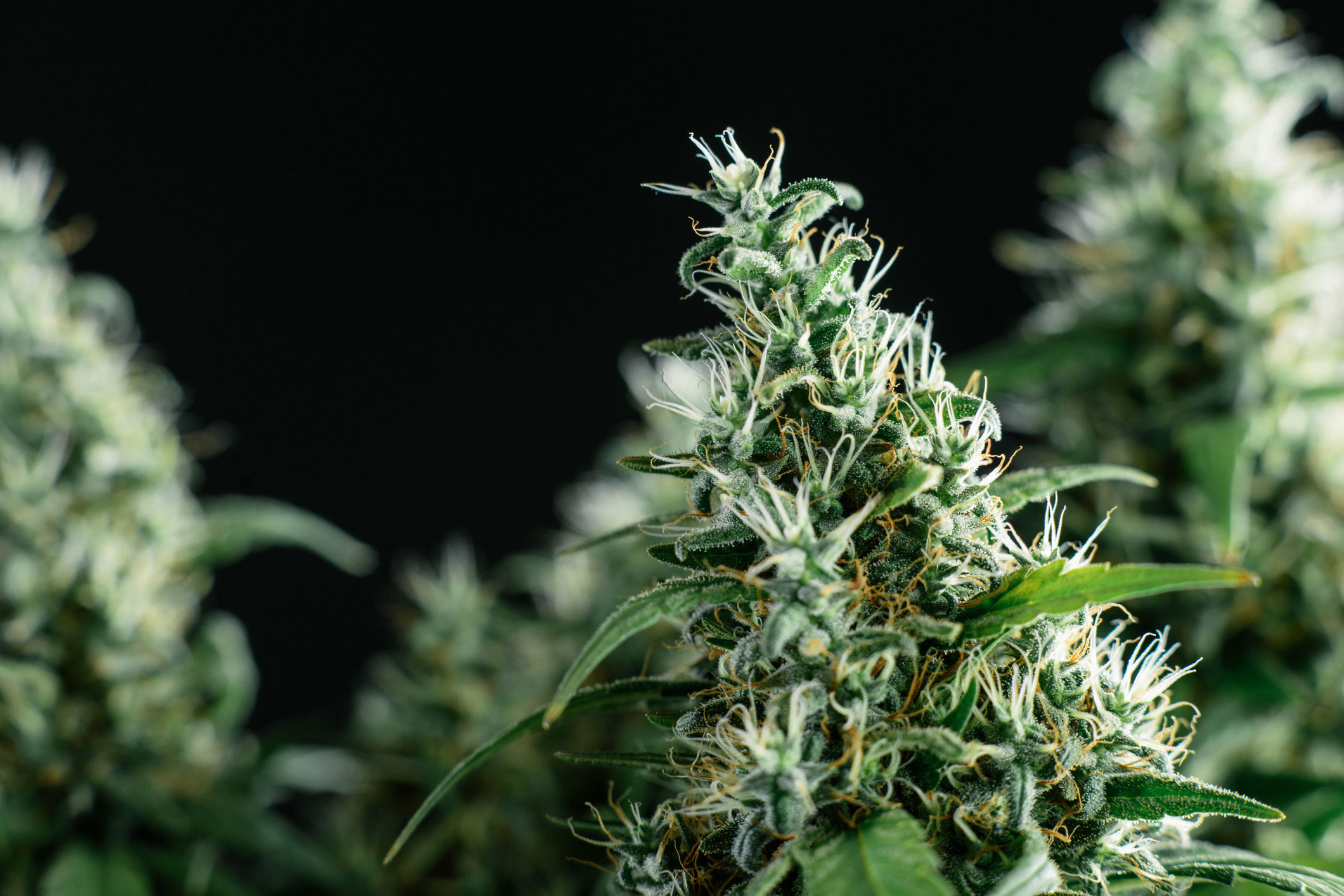The legalization of recreational cannabis use in Canada will most certainly play into a political rhetoric, which has served the current Trudeau administration well — increasing tax revenue, creating jobs, and ensuring the safety of Canadians should be priority number one. Changes in public sentiment toward cannabis use have provided the government with a means of creating revenue and jobs in a bid to make Canada more competitive on the world stage with respect to industry.
That being said, Canadians are largely able to access cannabis today through a medical marijuana system, which approximates a semi-legalized system, and a black market, which remains robust, servicing the remainder of those who have not seen their doctor and already gotten a prescription.
The question of how taxation and regulation will suppress (or encourage) the black market have been discussed plenty — what perhaps does not receive enough attention, however, are forms of taxation that are less noticeable to the trained eye and that are likely to create barriers to the goals of creating safety (eliminating dangerous or laced product from the black market), creating jobs, and bringing in maximum tax revenue.
Excise taxes
The federal government has already announced an excise tax on marijuana, which is expected to start at $1 a gram; the question of how large this tax will ultimately become, and the cumulative amount of additional taxes provincial governments decide to levy on the green commodity remain uncertain. This excise tax aside, there are other considerations cannabis investors need to take into account.
Regulatory fees
Health Canada has put forward a plan to attempt to recover $100 million in regulatory costs over and above federal levies and excise taxes. Of course, existing producers will assume the cost of licensing and maintaining a Health Canada licence, with the cost of doing so likely to increase over time as Health Canada comes out with new ways of testing marijuana and developing best practices with regard to cannabis. These regulatory fees will work their way down the supply chain to the end consumer, meaning $10 a gram may turn out to represent the price floor at which retailers will sell low-tier product.
The fees that have been proposed would amount to 2.3% for producers such as Aphria Inc. (TSX:APH), Cronos Group (TSX:CRON)(NASDAQ:CRON), and Tilray (NASDAQ:TLRY), but 1% for smaller producers. Additionally, licence reviews of up to $3,300 per application and employee screens of $1,650 per employee are expected to be established.
These regulatory costs are a small fraction of the regulatory fees, levies, taxes, and hurdles companies will need to continue to jump through over the long term.
Bottom line
As with other sin industries in Canada, heavy taxation from multiple levels of government (federal, provincial, municipal) are likely to increase the cost of obtaining legal pot relative to buying good-quality black market weed from reputable dealers who have been in this game for decades. The story being told by politicians and industry insiders is one of low switching costs for consumers — I disagree.
Stay Foolish, my friends.








